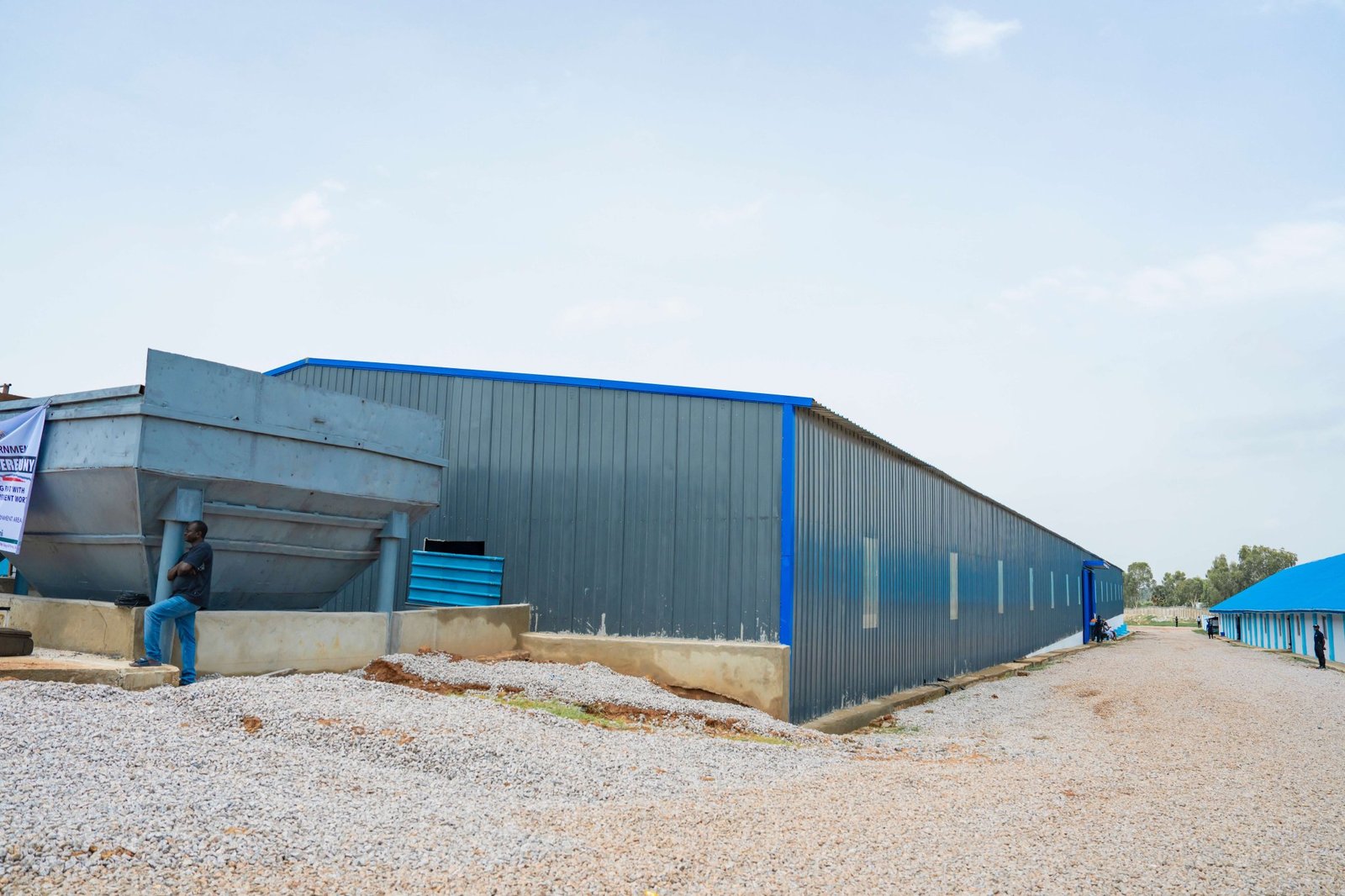Nigeria’s estimated $34 billion lithium reserves offer a promising opportunity to diversify its oil-dependent economy.
As global demand for lithium, a critical component in electric vehicle (EV) batteries and renewable energy storage, continues to rise, Nigeria is positioning itself as an emerging player in this market.
However, with lithium prices crashing by over 90% since their 2022 peak, due to oversupply and slower demand growth, Nigeria’s lithium mining industry might face significant challenges.
According to the Minister of Solid Minerals, Dele Alake, two lithium factories have been commissioned, with another currently under construction.
Opportunities for Nigeria’s Lithium Investments
Nigeria’s venture into lithium mining is a strategic move to reduce its dependence on oil, which has faced declining reserves and volatile global prices.
Lithium, a critical component in electric vehicle (EV) batteries and renewable energy storage, offers Nigeria a chance to capitalize on the global energy transition.
The $1.3 billion investment in two Chinese-backed lithium processing plants in states like Nasarawa, Kogi, and Ekiti signals a commitment to building a robust extractive industry.
These facilities aim to transform raw lithium into value-added products, potentially creating jobs, fostering technological advancements, and boosting manufacturing growth.
Global Market Positioning
Global lithium demand is projected to reach 1.5 million tonnes by 2025 and exceed 3 million tonnes by 2030, driven by the energy transition. Nigeria has an opportunity to position itself as a key player in the global supply chain.
By leveraging its vast mineral wealth and strategic partnerships, Nigeria could attract further foreign direct investment, enhancing its economic landscape.
Lithium mining and processing plants are expected to generate significant employment opportunities, particularly in rural areas where deposits are located. The economic effects could ripple across other industries, giving the economy a more positive outlook
Challenges Posed by Declining Lithium Prices
The global lithium price crash, with prices dropping to around $8,500 per ton, from $14,000 in 2024, and an all-time high of $ 78,000, poses a significant risk to Nigeria’s lithium industry.
Oversupply, driven by production increases in China, Indonesia, and other African countries, has outpaced demand, particularly due to slower EV sales growth in key markets like China. IEA indicated that lithium supply surged 35% last year.
For Nigeria, this could reduce the profitability of its mining investments, especially if production costs remain high due to infrastructural or regulatory challenges.
Lithium mining poses environmental risks, including water pollution, land degradation, and air quality issues, particularly in northern Nigeria, where deposits are concentrated. These concerns could deter investors and alienate local communities if not addressed.
Additionally, the risk of corruption in African lithium mining could undermine Nigeria’s efforts to build a transparent and equitable industry.
Nigeria faces competition from established lithium producers in Australia, Chile, and other African nations with more developed mining sectors.
Entering the market during an oversupply period may limit Nigeria’s ability to secure favorable trade deals or long-term investment, especially if global prices remain low.
How Nigeria’s Lithium Industry can maximize its investments despite global price declines.
Nigeria should focus on refining and processing lithium rather than exporting raw ore. The planned processing plants, set to open in 2025, are a positive step. To ensure competitiveness, the government must invest in efficient operations and advanced technologies to produce high-quality lithium products that meet global standards.
Addressing environmental concerns is critical to maintaining investor and community support. Nigeria should enforce stringent environmental regulations and adopt eco-friendly mining technologies to minimize water and land degradation.
While Chinese investment is driving Nigeria’s lithium sector, diversifying partnerships with European, North American, or other global firms could reduce dependency and improve market access. Negotiating favorable trade agreements, particularly with EV markets, could further strengthen Nigeria’s position in the global supply chain.
Given the current oversupply, Nigeria should carefully time its production scale-up to align with market recovery. The long-term outlook for lithium remains strong due to the global push for green energy, and strategic patience could help Nigeria avoid losses during low-price periods.

